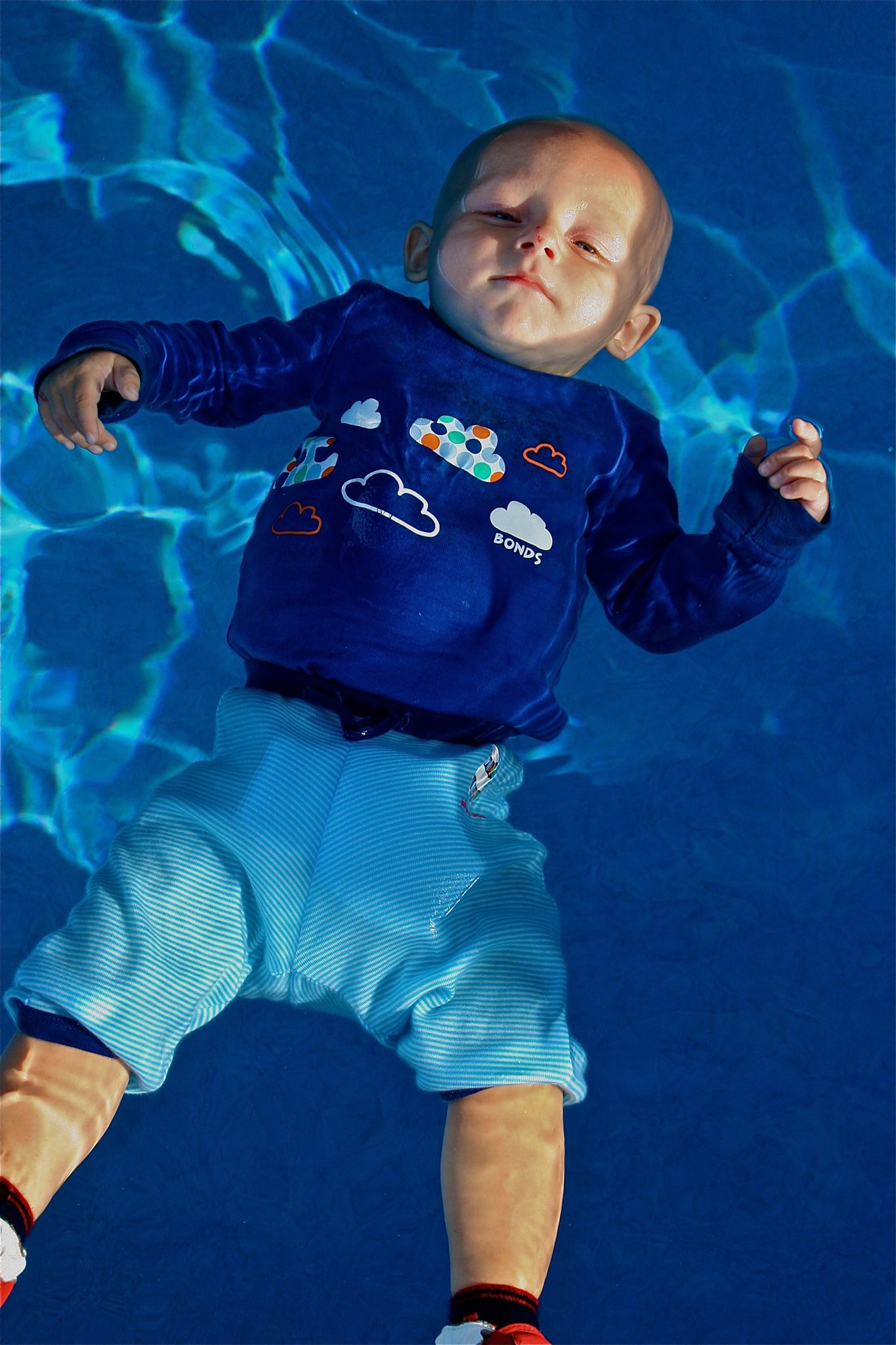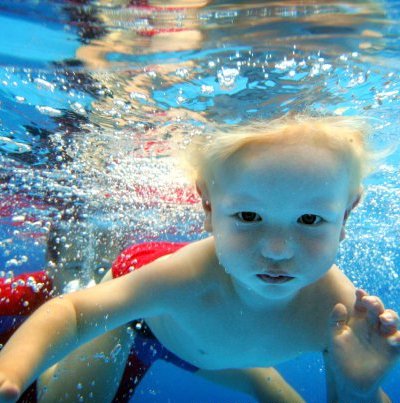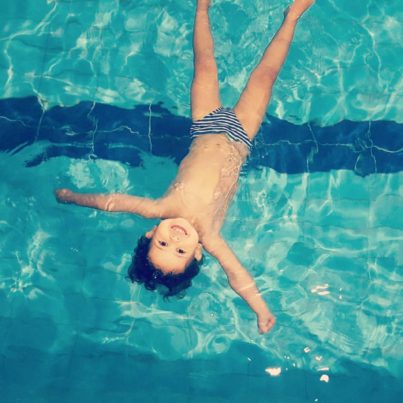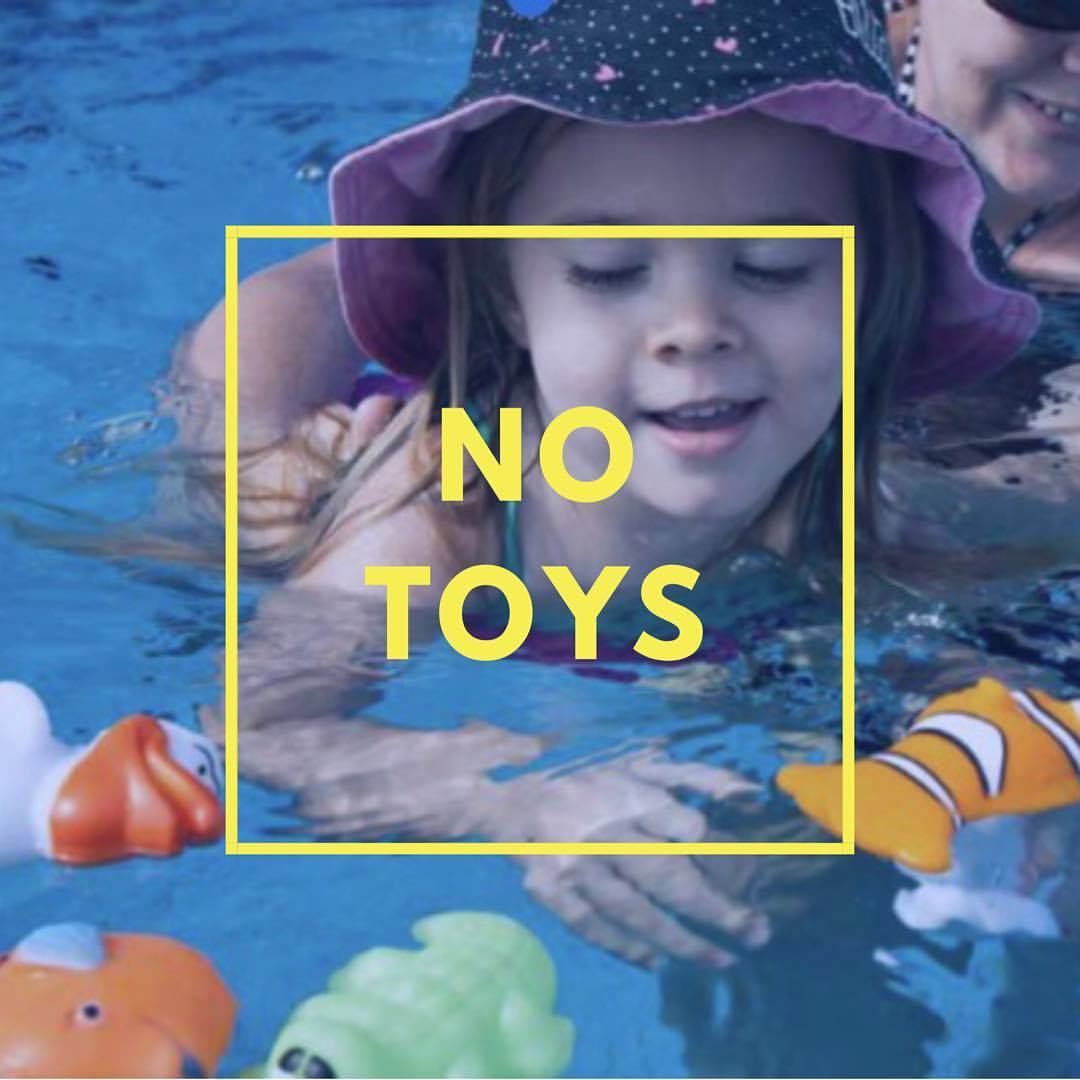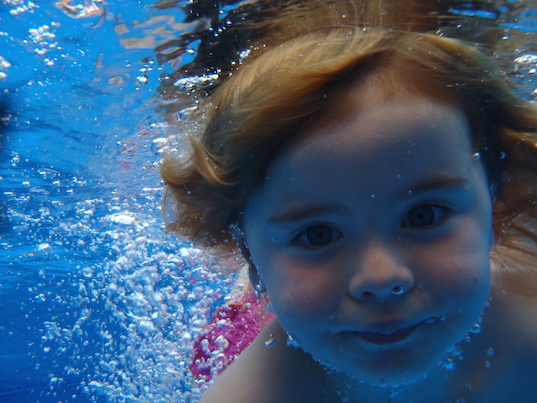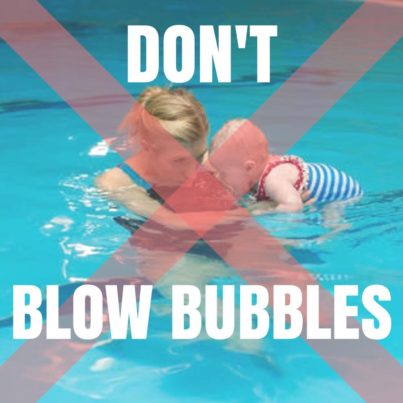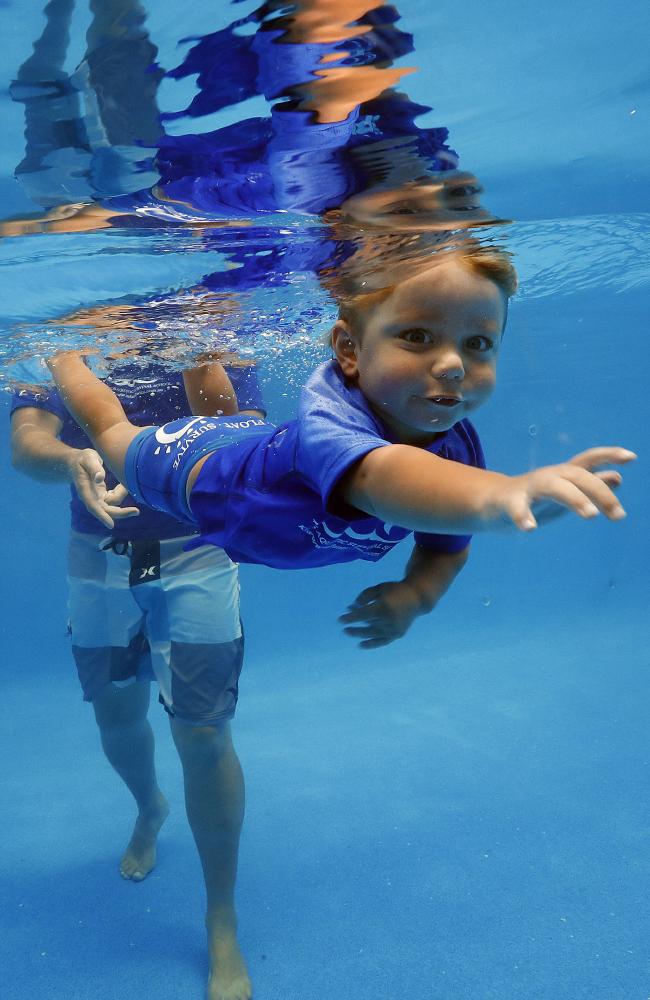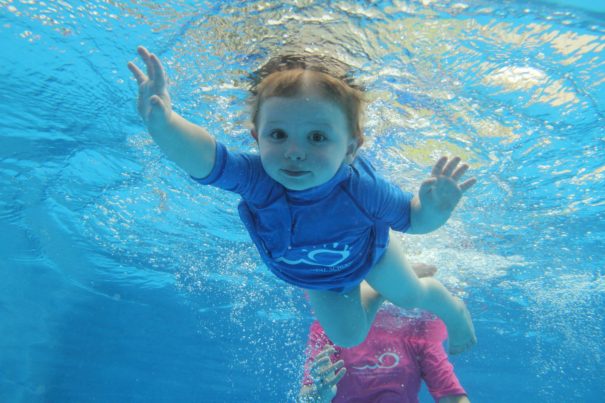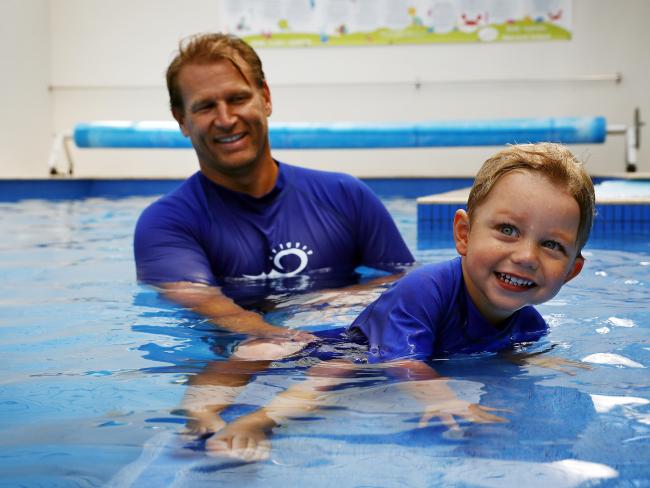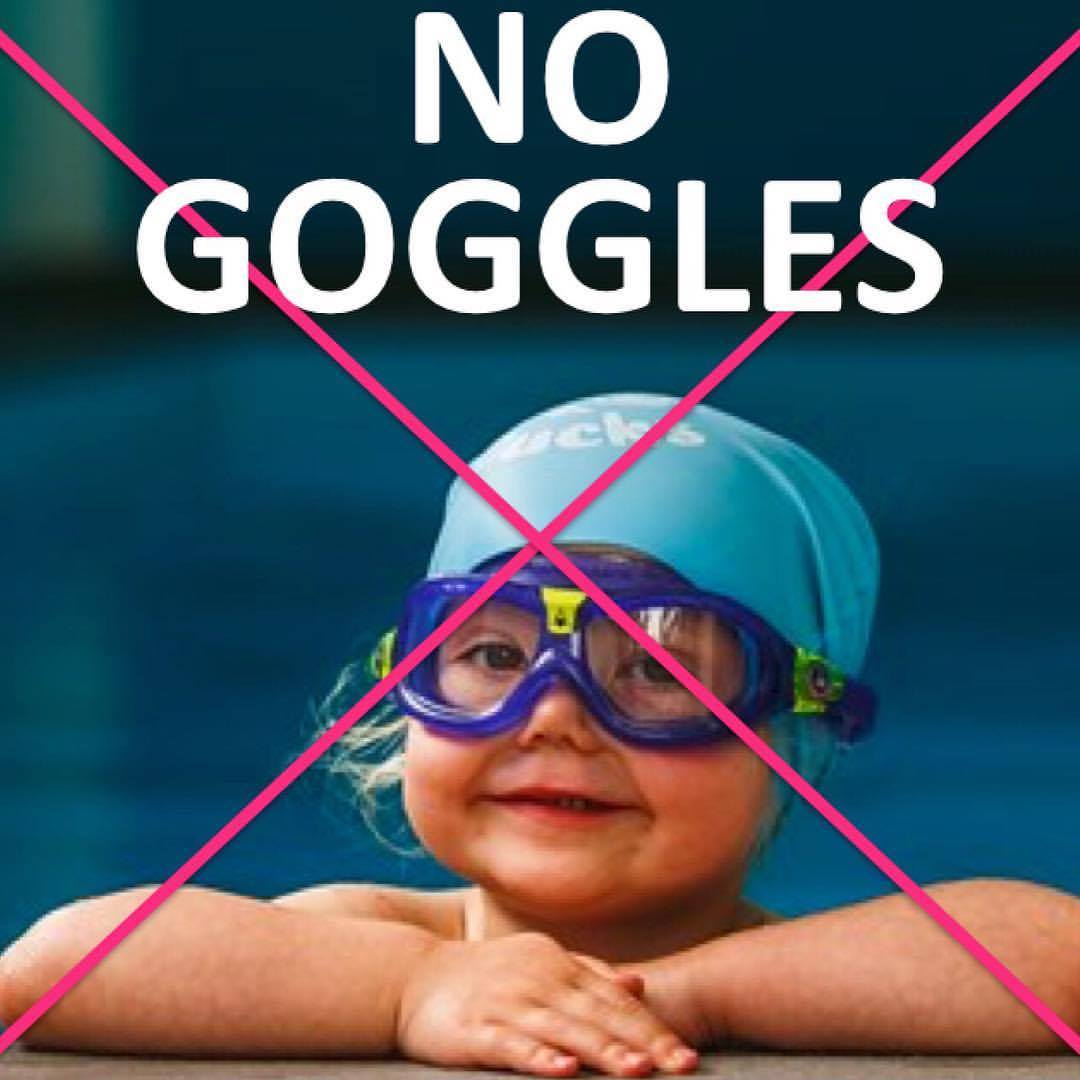- Home
- Our Difference
- Lessons & Techniques
- About
- Join the team
- Blog
- FLOATING SAVES LIVES
- Safety before Smiles
- Aquatic Behaviour
- Turn, Reach & Grab Safety
- Competence before confidence
- Head Orientation
- Food and Swimming
- Muscle Memory and Swimming
- No bubble blowing
- No Floatation Devices
- No Goggles
- Retained Primitive Reflexes (RPR) and the benefits of swimming
- Swimming Older Children
- Swimming out of your comfort zone
- Swimming and cognitive function
- What are the most suitable swim lessons for my child?
- Gallery
- Contact Us
